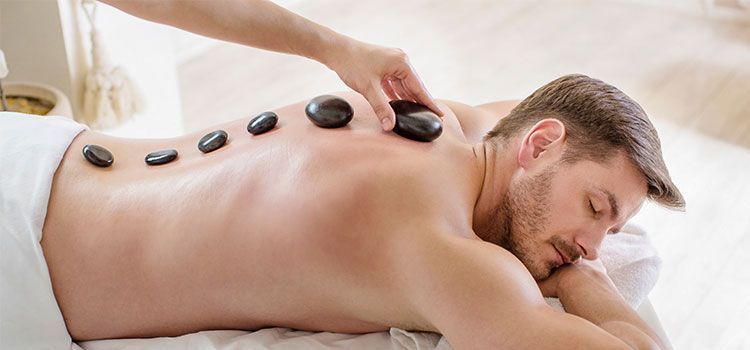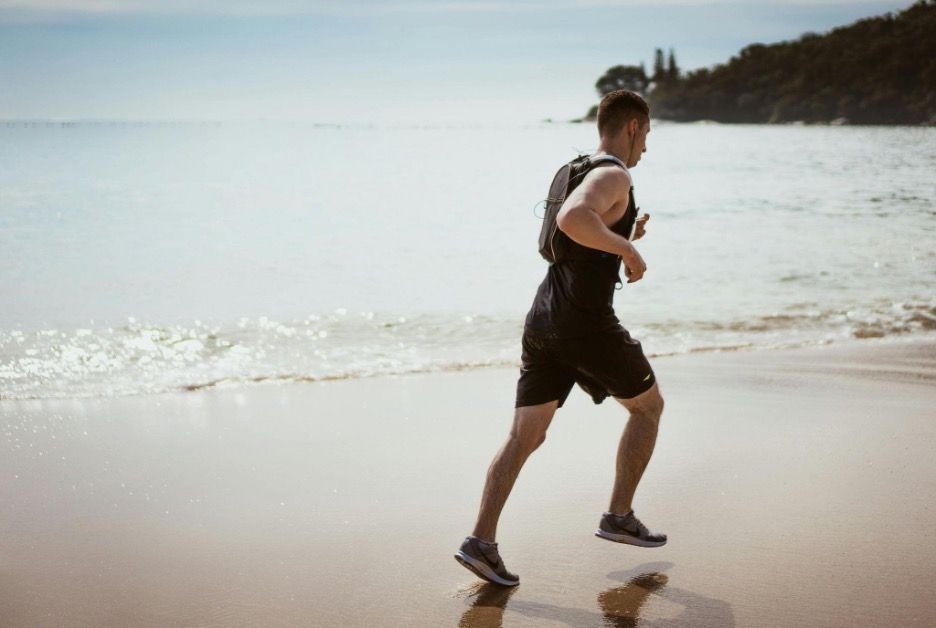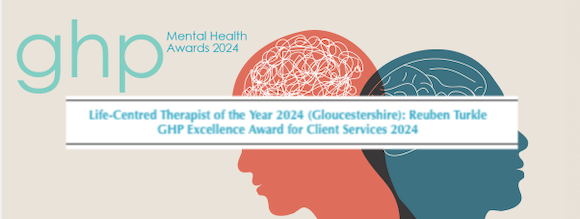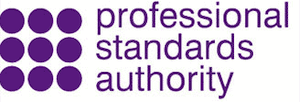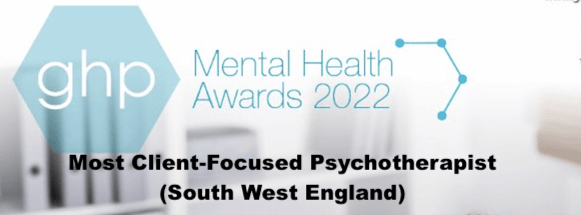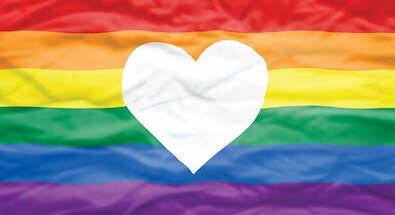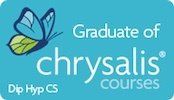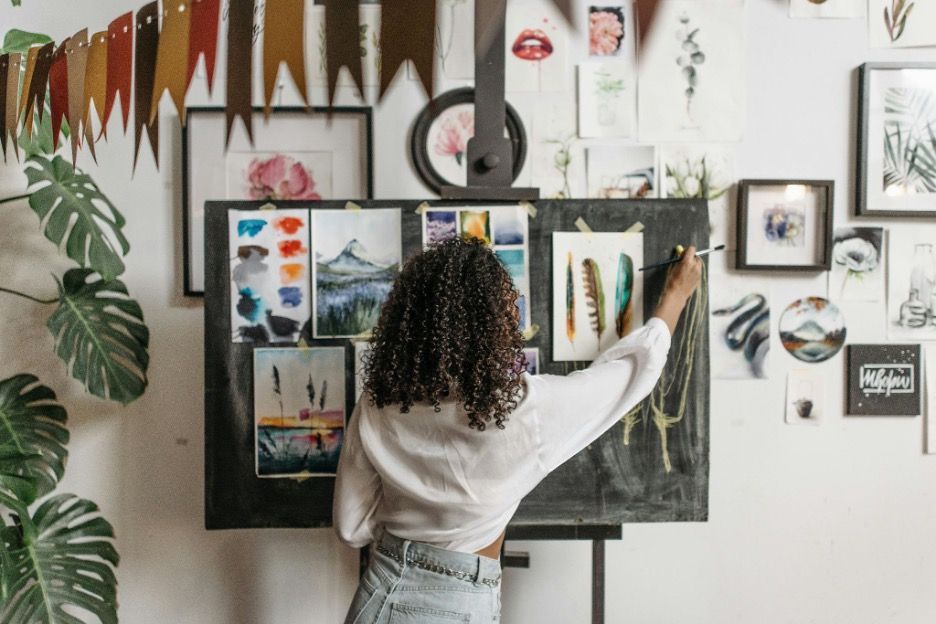The Perils of Insomnia.
Coping Techniques and Help to Overcome it.
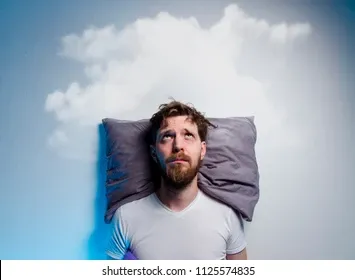
- “Insomnia is a gross feeder. It will nourish itself on any kind of thinking, including thinking about not thinking.”
― Clifton Fadiman[1]
In my work as a Psychotherapeutic Counsellor and Hypnotherapist, one of my specialist areas is anxiety. When clients first arrive in the room, amongst other questions, I will ask how they sleep. Invariably they will tell me they cannot get to sleep or wake in the night riddled with rumination. This can be attributed to negative habitual thinking. Sometimes it is just our brain simply not switching off. In part because it exacerbates the anxiety or thought patterns the following day, often leading to not just more ingrained anxiety but also depression.
Over a period of hours this becomes unpleasant, left to fester over months or years, for some it can be unbearable and lead to symptoms of short or long-term depression, anxiety or low mood. At it’s worse, it can be a combination of all three.
The following facts are a stark representation of the reality that too many of us suffer with insomnia -
- Estimates of the prevalence of insomnia vary widely from 5 to 50% depending on the definition used:
- Around a third of adults in Western countries experience sleep problems at least once a week with 6-10% fulfilling the criteria for insomnia disorder [Morphy et al, 2007; Ree, 2017; Sateia, 2017; Davidson, 2019; Wilson, 2019].[2]
In his thirties, my dad developed ‘chronic’ insomnia. I use the term ‘chronic’ because, some nights he only gets around 2 hours sleep. Miraculously, he still manages to function despite this degree of sleep deprivation. When our circadian rhythms are disrupted, we struggle to recalibrate them. Dad and I are both wonderful over thinkers. One of the symptoms of anxiety is habitual thinking, or ruminating thoughts – often the cause of sleepless nights. Both my dads parents had disrupted sleep and I too live with insomnia, I have since I was a teenager.
Whilst insomnia can be brought on by a period of anxiety, trauma or stress, there may well be a genetic disposition as well as an association with both physical and mental health conditions. In fact, according to The National Institute for Health and Care Excellence:
- Prevalence of insomnia is higher in people with comorbid conditions such as chronic obstructive pulmonary disease, heart failure, chronic pain and psychiatric conditions (depression, anxiety, substance abuse, and post-traumatic stress disorder).
- Around half of all people with diagnosed insomnia have a comorbid psychiatric disorder [Matheson, 2017; Wilson, 2019[NL1] [RT2] ].
For anyone alarmed by the term comorbid conditions, it just means the prevalence of two or more conditions presenting in a person.
The most concerning issue raised by my limited online research on insomnia is that very few links point people in the direction of talking therapies. Why is it a systemic fact that Western societies all too readily medicate a common problem? Where have we gone wrong with this? It seems that people are conditioned to feel more inclined to complain to a GP about a perfectly normal problem than seek help from a therapist. The same applies to medication for depression and anxiety; as I have highlighted both often go hand in hand with sleep deprivation.
So, before this blog begins to read like an essay or academic study, what are some of the techniques to aid better sleep. Well, at this point I think it is easiest to list them:
Self-Care – ensure you are doing this every day; it promotes good mental health[NL3] [RT4] .
Exercise:
· This doesn’t have to mean signing up for the next Triathlon or becoming the next Mr/Mrs Universe!
· It is recommended that we get 30 minutes exercise 5 days a week. Even a brisk walk will stimulate endorphins and dopamine – the brain's natural happiness chemical.
· This also reduces cortisol levels which are present when we are stressed.
· Get out for a walk twice a day – if you have a dog, this means you have to which is also means you connect with nature.
· So exercise is a win win on so many levels.
· Getting from zero to 5k jogging is less hard than you might think.
· There are great fitness communities out there such as the free family orientated Park Run.
· Or if you need that extra incentive to get you out running, why not try a 5k run for Race For Life in aid of Cancer Research? There are loads of other charities you can raise money for.
· It really doesn’t matter what sport you choose, just go for one that you enjoy.
Relaxing Hobbies:
· I really don’t need to list things here as this is a very individual thing. For me it is Music and getting creative – both of which I find calming.
Connecting with Nature:
· Studies have shown that this is one of the best ways to reduce stress, anxiety and depression.
· Eveb if you live in a city and don’t have access to the countryside, the UK is known for its fabulous parks or wildlife conservations.
Keep a good bedtime routine:
· Don’t eat or drink for at least 2 hours before bed to avoid indigestion or a heaviness in the belly
· Try to avoid alcohol for the last hour or two before sleep. Alcohol can mean you don’t have a deep sleep and achieve less REM
· Turn off or put down any screens – Blue light on computer screens, tablets/iPads and mobile phones can cause fatigue, but studies have shown it also keeps our neurons in a wired like state and can delay sleep by 20-30 minutes
· Do something calming – have a bath, read a book, beautify, whatever it is for you, make sure you do it!
Meditation and Mindfulness
· Not obsessing over not being able to sleep is perhaps one of the golden rules to overcome insomnia
· There is a litany of mindfulness and meditation apps out there which are brilliant for guided meditation and usually have a section for sleep. Currently, I am using Calm.
· If you are a well-seasoned meditator, then you probably sleep in a zen like state already!
· Yoga and Thai Chi – there are sessions specifically geared for bedtime/better sleep.
Diet & Nutrition
I am not a nutritionist, but I do love cooking. A quick Google search led me to Healthline[3] which identifies the following foods to aid better sleep:
- Almonds
- Turkey
- Chamomile tea
- Kiwi
- Tart cherry juice
- Fatty fish
- Walnuts
- Passionflower tea
- White Rice
Adversely, here are the food types that Healthline advise us to avoid:
· Caffeinated foods and beverages
· Spicy foods
- High glycemic index foods and foods with added sugar
- Fatty foods
- Fast food and other ultra-processed foods
- Alcoholic drinks
Alternative Remedies[4]
- Valerian root . Some studies have suggested that the root of valerian (Valeriana officinalis) may help people fall asleep or stay asleep. A note of caution though: it's possible that it can interfere with some medications.
- Chamomile is another commonly used herb for the treatment of insomnia. The FDA considers chamomile to be safe, and the herb has no known side effects. You should not take it, though, if you are sensitive to ragweed or chrysanthemums or other members of the compositae family such as daisies or sunflowers. You could develop contact allergies if you are.
- Ashwagandha (Withania somnifera). One study found that the leaf of this herb contained triethylene glycol (TEG), which positively affected rapid eye movement (REM) sleep. Another study suggested 300 milligrams, two times a day can help you fall asleep faster and improve sleep quality.
- Kava. This South Pacific root is thought to have a calming effect. In one small study, 24 people with insomnia caused by stress were given 120 milligrams daily for 6 weeks. All showed improvement. And a lab study on rats found the herb had hypnotic effects and also improved sleep quality. But there are also concerns about kava’s effect on the liver, so it’s not recommended.
- Other herbs promoted as effective sleep remedies include passionflower, hops, and lemon balm. These still need to be studied to determine their safety and effectiveness.
What about the controversial subject of cannabis or CBD oil?
Cannabis has long been used amongst many sectors of society but taboos about the use of CBD oil mean that it is generally regarded as an unfavourable option. Alcohol, on the other hand, seems to get a free pass. I am not endorsing nor condoning the use of cannabis, but the rise in popular opinion towards CBD, seems to be swaying the pendulum of debate. The point here is CBD does not contain THC, which is the psychotropic ingredient that can lead to cannabis psychosis. Therefore, it retains the relaxing and sleep-inducing ingredient that also aids physical ailments such as arthritis. In the UK, at present it is only prescribed for epilepsy MS, or people undergoing chemotherapy and suffering nausea[5]. This debate is so endless, it probably warrants a separate blog… and I want you to continue reading please.
In Conclusion…
We need a better solution to the problem of insomnia than an immediate jump to medication. I believe talking to a good therapist could be the answer. Perhaps if we understand the reasons behind our sleepless nights, we would sleep better. The first stage to overcoming most issues in therapy is greater self- awareness. By understanding the reasons behind over thinking, we can begin to accept them. With acceptance, we can eventually overcome them. Whatever those reasons are, reach out to a mental health worker in your area… they may just be able to help you unpack the reasons behind why you are not getting enough sleep.
[1] Bettersleep.com. 2022. Quotes About Insomnia : The Best of | BetterSleep. [online] Available at: <https://www.bettersleep.com/blog/insomnia-quotes/> [Accessed 6 July 2022].
[2] Cks.nice.org.uk. 2022. Prevalence | Background information | Insomnia | CKS | NICE. [online] Available at: <https://cks.nice.org.uk/topics/insomnia/background-information/prevalence/> [Accessed 6 July 2022].
[3] Healthline. 2022. 9 Foods and Drinks to Promote Better Sleep. [online] Available at: <https://www.healthline.com/nutrition/9-foods-to-help-you-sleep#8.-Passionflower-tea> [Accessed 17 July 2022].
[4] WebMD. 2022. Alternative Treatments for Insomnia. [online] Available at: <https://www.webmd.com/sleep-disorders/alternative-treatments-for-insomnia> [Accessed 17 July 2022].
[5] nhs.uk. 2022. Medical cannabis (cannabis oil). [online] Available at: <https://www.nhs.uk/conditions/medical-cannabis/#:~:text=Currently%2C%20it%20is%20only%20likely,caused%20by%20multiple%20sclerosis%20(MS)> [Accessed 21 July 2022].
[NL1]Again footnote (or reference list at the end the website you got this from – presumably it’s NICE again, not the authors they have drawn on.
[RT2]It is a direct cut and paste from the NICE website - so I think it is only fair to credit the authors. Perhaps I am wrong and just referencing NICE is enough as you suggest?
[NL3]Is Self-Care the overall heading for all the things you’ve listed below?On its own like this it’s not clear what it is.
[RT4]Yes, I have made the tex bigger to accentuate this as the title. Also added the additional sub headings - Excercise; Relaxing Hobbies and Connecting with Nature. Is this better?
